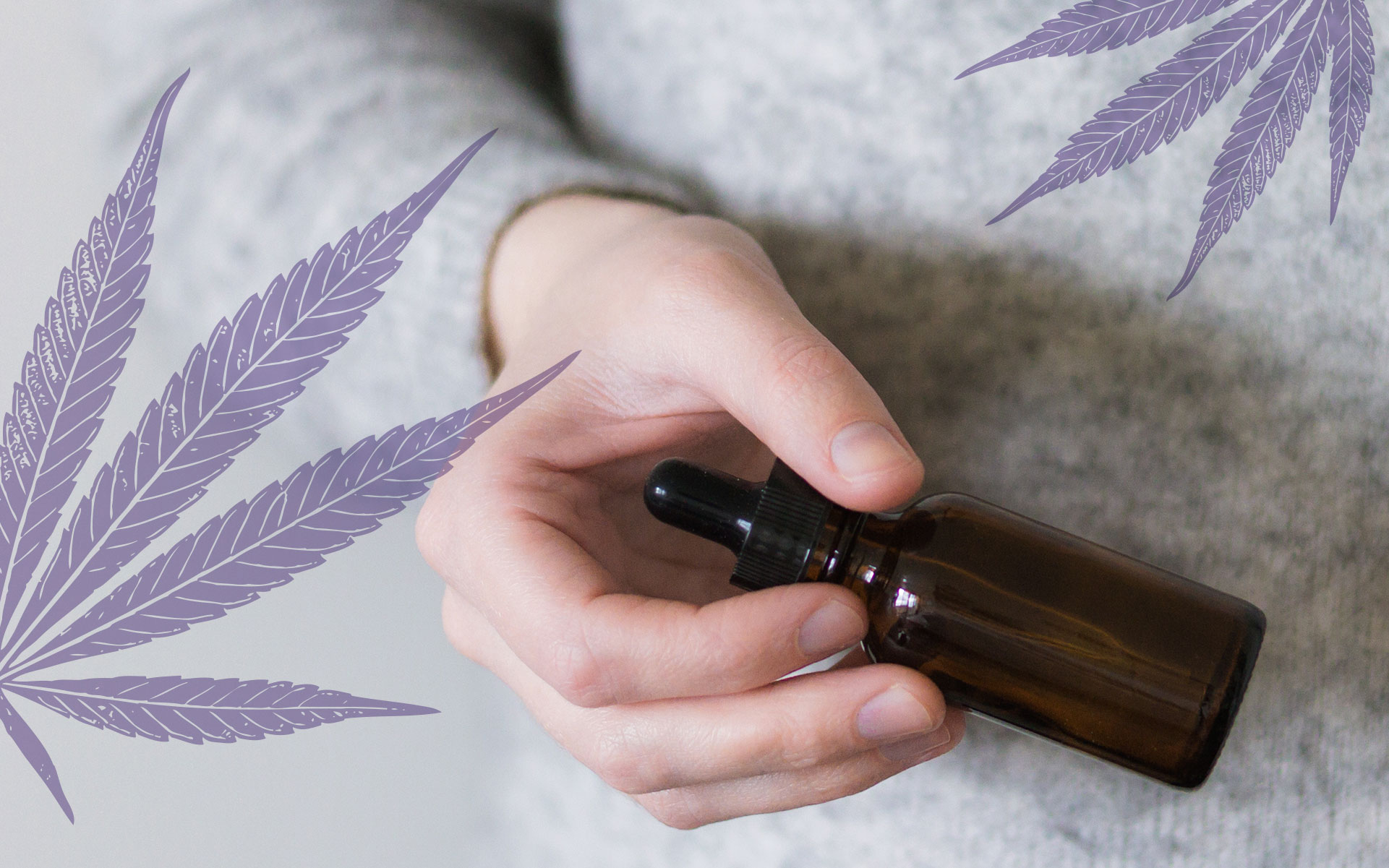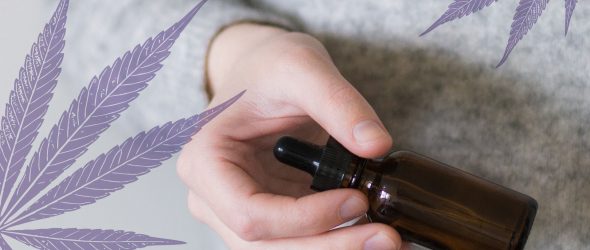
(Elizabeth/AdobeStock)
We are in the midst of a global pandemic of COVID-19, colloquially known as the coronavirus. COVID-19 has reached far into the average person’s everyday life, fundamentally changing the way we approach social situations and normal daily outings. Among people’s many concerns is whether cannabis use is safe during the outbreak, and how best to use it to reduce the chances of harm.
People are being asked or ordered to engage in social distancing, a practice of reducing social contact outside the home in order to slow the spread of the disease and “flatten the curve” of the epidemic. With so much newfound time at home, some people may be interested in using cannabis as a way to pass the time, or even to relieve the stress of living through such an overwhelming and uncertain period.
Cigarette smoking has been linked to worse outcomes of COVID-19 infection. But does this apply to cannabis? What about vaping? Should we all switch to edibles for the pandemic?
Could cannabis use make coronavirus worse?
There’s no simple answer, but in a situation with so many unknowns, there’s nothing wrong with playing it safe. Cannabis users may wish to avoid smoking and vaping, and consider non-inhalation methods of cannabis consumption, like edibles, oils, tinctures, and topicals. Since it’s not known whether cannabis use could have an effect on coronavirus susceptibility or infection, some people, especially those with a compromised immune system, may choose to abstain entirely out of precaution.
Smoking
Early research indicates that smoking may make a person more vulnerable to a severe coronavirus infection.
The coronavirus that causes COVID-19 attaches to ACE2 receptors in the lungs. Cigarette smoking appears to increase the number of these receptors, making it easier for the virus to attach and make a person sick.
Studies have not yet determined whether there is a difference between smoking tobacco and cannabis when it comes to COVID-19, but because they both involve inhaling smoke into the lungs, it’s reasonable to proceed as if the warnings apply to cannabis smokers, too.
Inhaling smoke of any kind puts unnecessary stress on the lungs, which is not what you want if you’re trying to fight a virus or avoid getting sick in the first place.
Cannabis users might consider switching to smokeless methods of use. If you do choose to smoke cannabis during the pandemic, be sure to avoid sharing joints, bongs, or pipes with other people.
Vaping
Vaping is a smokeless method of using cannabis, but it still involves inhaling a substance into the lungs. It’s not currently known whether vaping confers a similar risk to smoking when it comes to COVID-19, but some experts recommend against it. If you want to be cautious, you can switch to one of the following smoke-free ways to consume cannabis.
Edibles vs. smoking
Edible cannabis products are a smokeless, non-inhalation method of consuming cannabis that may be a safer choice than smoking or vaping during the COVID-19 pandemic.
Typically, an edible consists of a food which has cannabis-infused oil or butter incorporated into the recipe.
Find edibles near you
Making edibles can be time-consuming, but it might be a fun activity to do at home while social distancing.
Tinctures and oils vs. smoking
Oils and tinctures are cannabinoid-infused liquids which can be consumed orally or sublingually. They’re an easy-to-use choice for someone looking to get the effects of cannabis without inhalation.
Topicals vs. smoking
Cannabis-infused lotions, creams, balms, and other types of skincare products are valued for their potential to provide localized relief from pain and inflammation without intoxicating effects.



